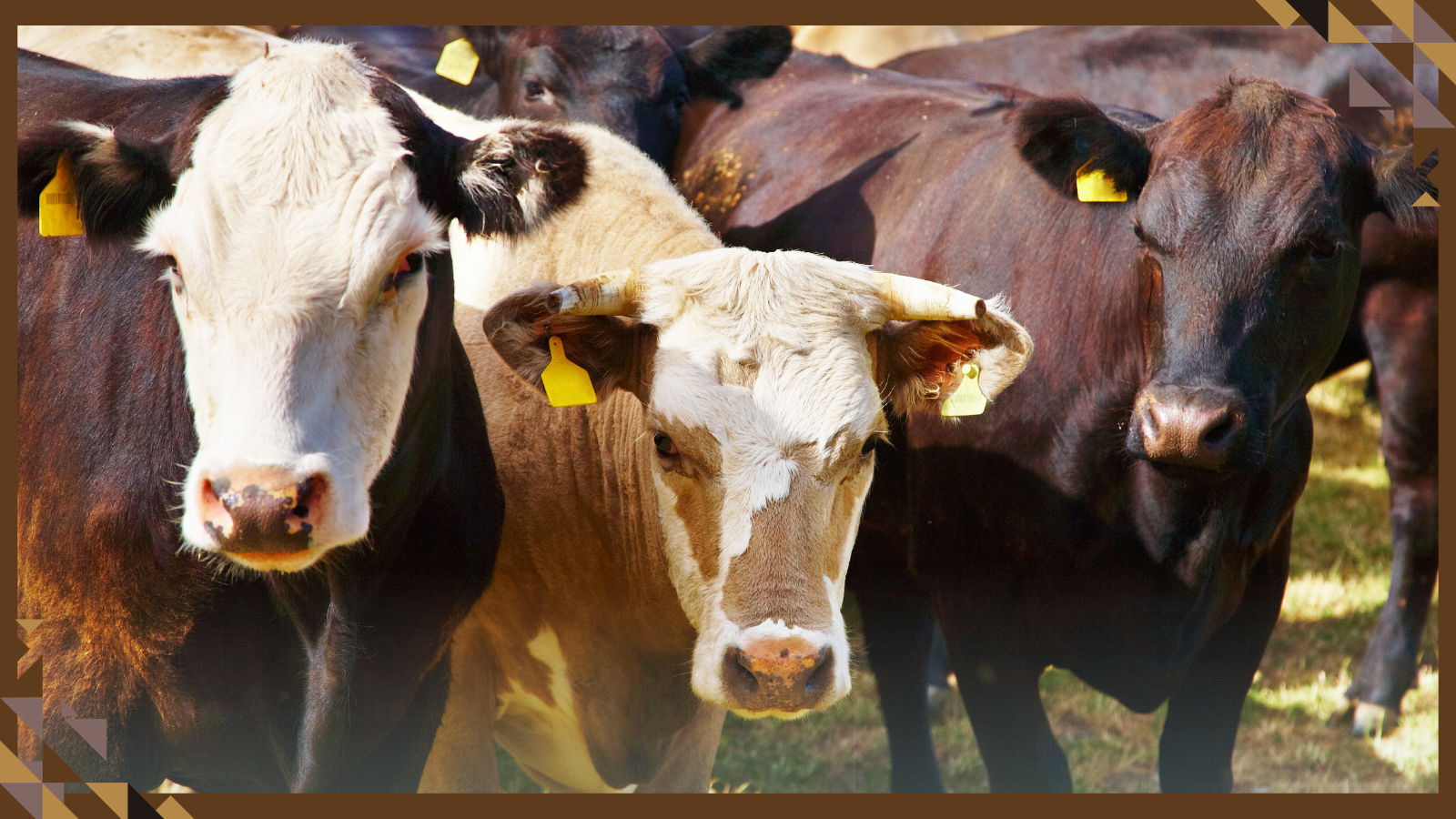Written by: Kimberly White
The Bezos Earth Fund has announced a new funding initiative aimed at transforming the world’s food systems and tackling climate change and nature loss.
The Bezos Earth Fund has earmarked $57 million in food-related grants to support a global transition to a more sustainable, planet-friendly agricultural system. The new grant initiative is part of the fund’s broader $1 billion funding commitment to address the food system’s impact on climate and biodiversity.
“We cannot afford for food to be on the sidelines of climate and nature conversations any longer. Food is a victim, problem, and solution in the climate and nature crises, and we must raise its profile in the discussion,” said Dr. Andrew Steer, President and CEO of the Bezos Earth Fund.
The world’s food systems are a significant driver of the climate emergency, accounting for one-third of global greenhouse gas emissions.
However, food systems have largely been left out of global climate discussions, which have in the past largely centered on rapid decarbonization through fossil fuel phase-out and scaling up renewable energy infrastructure. While COP28 struggled with the language surrounding a fossil fuel phase-out, it did shine a light on the food and agricultural sector’s potential as a climate solution.
The $57 million grant is going to support four areas: making livestock more sustainable, protecting the Brazilian Amazon, promoting climate-smart agricultural practices, and catalyzing food systems transformation.
The Bezos Earth Fund has dedicated $30 million of the grant to making livestock more sustainable.
Animal agriculture is a significant contributor to the climate emergency, with the industry emitting more than seven gigatonnes of carbon dioxide each year. Animal agriculture is also a prominent source of methane, which is approximately 30 times more potent than carbon dioxide. The animal agriculture industry is responsible for roughly 32 percent of global methane emissions.
The industry is also rife with social and environmental justice issues, such as child labor, environmental racism, land dispossession, and widespread environmental degradation.
The $30 million funding portion is predominately geared toward cutting livestock methane emissions by up to 30 percent within the next 10 to 15 years. To work towards this goal, the Bezos Earth Fund will invest in a broad range of innovations in partnership with the Global Methane Hub’s Enteric Methane R+D Accelerator.
“Time is of the essence if we are to have a meaningful impact on reducing emissions in this decade,” said Marcelo Mena, CEO of the Global Methane Hub. “Initiatives like the Accelerator, which concentrate efforts on the highest emitting sector of methane emissions, will advance important research and help create long-term solutions on methane reduction, as well as ensure food and economic security of local communities that participate, particularly in the Global South.”
Additional grants will provide funding capital to identify and develop low-methane feed and low-methane cattle breeding, as well as a wearable sensor to measure cow methane emissions.
However, it is important to note that shifting away from meat-intensive diets and changing consumer behaviors are some of the best ways to address the environmental challenges posed by animal agriculture. As it stands, our current food system, agricultural production practices, and dietary trends are unsustainable and pose a significant threat to the global climate goal of keeping temperature change below 1.5° C.
In addition to the $30 million earmarked for methane reductions, the Bezos Earth Fund put forth $16.3 million to help limit Amazon deforestation and reach zero-illegal deforestation in the Brazilian state of Pará within the next three years by creating what the Earth Fund describes as the world’s largest animal traceability system. The Bezos Earth Fund is partnering with organizations such as The Nature Conservancy, IMAFLORA, Earth Innovation Institute, Aliança da Terra, and other partners for the creation of a system that will help trace meat, dairy, and leather to eliminate deforestation from value chains, while also bringing forth “forest-positive” incentives for cattle ranchers and farmers.
Another $8.3 million portion of the funding is going towards the promotion of climate-smart agricultural practices. The Bezos Earth Fund has teamed up with the Earth Rover Program to bolster knowledge of soil ecosystems through seismology to assess the carbon sequestration potential. The Earth Fund is also working with the Platform for Agriculture and Climate Transformation (PACT) to help ensure that U.S. federal funding for farmland methane reductions reaches farmers and ranchers and supports them in the adoption of climate-friendly agricultural practices.
The final $2.6 million portion is dedicated to the transformation of food systems and supporting efforts to reduce food loss and waste. The Bezos Earth Fund has partnered with the Food and Land Use Coalition to support a new alliance of countries committed to transforming their food systems. The Earth Fund has also partnered with Clim-Eat to identify, support, and accelerate ambitious technological innovations in food systems.







